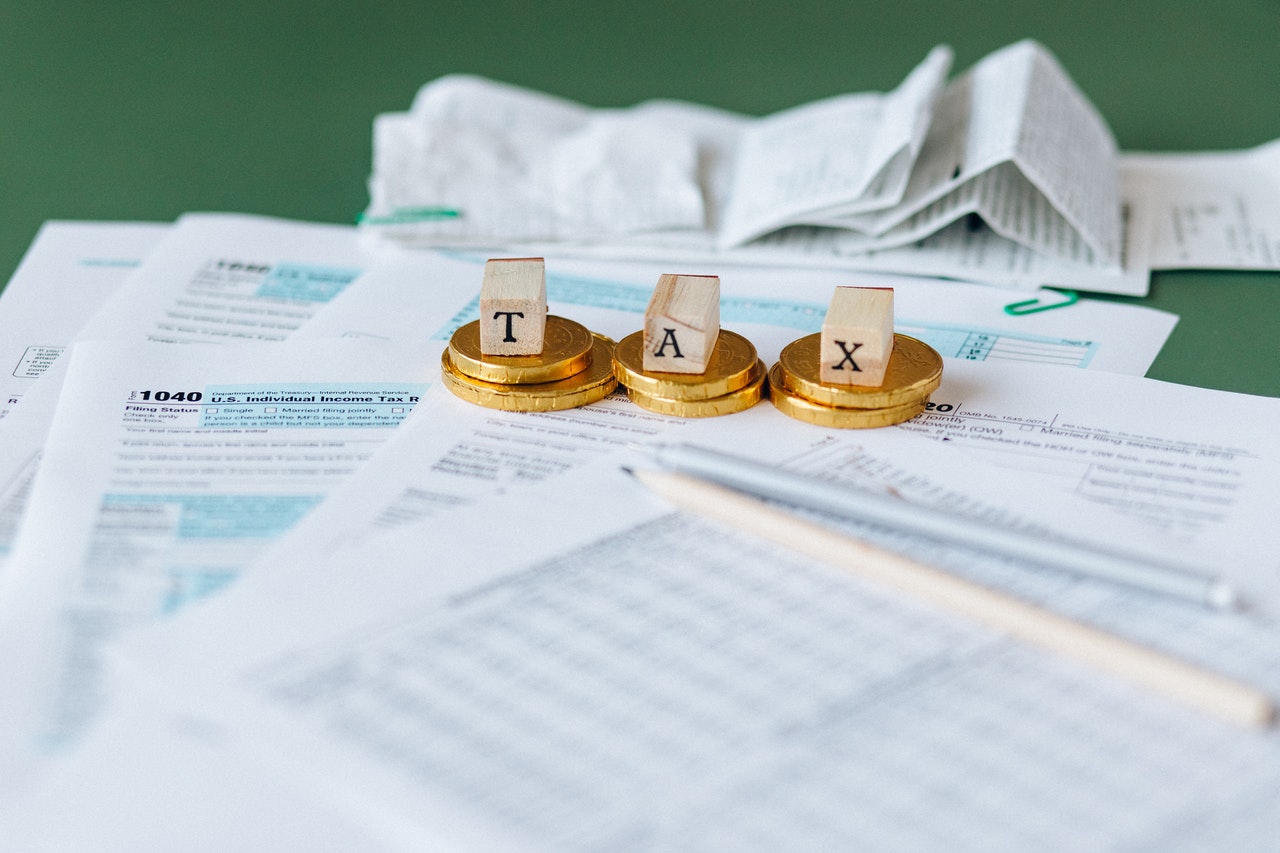Introduction – Previous GST/HST Regime for Foreign Businesses
GST/HST generally applies on the sale of goods or provision of services in Canada and is required to be collected by the vendor and remitted to the CRA. Small suppliers, i.e. businesses that have revenues less than $30,000 over any 12 months period, are exempt from registering for GST/HST, although they may opt to do so anyway. The benefit of registering for GST/HST even when not required to do so is that registrants can claim input tax credits, thereby effectively claiming a refund for any GST/HST they paid in the course of their business (where a business is not yet profitable, it may pay more GST/HST on expenses than it receives in revenue, resulting in a GST/HST refund). Prior to July 1, 2021, GST/HST registration was not required where the business either 1) performed services completely outside of Canada or; 2) if services were partially performed in Canada or where intangibles were used in Canada, the business did not carry on business in Canada. Technically speaking, the Canadian consumers in some cases had an obligation to self-assess GST/HST on these purchases, but this rule was unenforceable and commonly ignored.
New GST/HST Registration Rules for Foreign Businesses
As of July 1, 2021, new GST/HST reporting requirements have come into force and will affect non-resident businesses and both Canadian and foreign platform operators on certain sales of intangible personal property, services, and qualifying goods that would have previously not have had any GST/HST registration requirements. These new requirements are intended to target digital services businesses such as Netflix and other software or digital service streaming providers. Specifically, a new simplified registration regime now applies in the following circumstances:
- A business engaged in a commercial activity in Canada.
- A Business that, in the ordinary course of carrying on business outside Canada, regularly solicits orders for goods (except prescribed goods) to be exported or delivered to Canada.
- A Business that, in the ordinary course of carrying on business outside Canada, enters into an agreement to supply services to be performed in Canada.
- A Business that, in the ordinary course of carrying on business outside Canada, enters into an agreement to supply intangible personal property (such as intellectual property and in particular digital services) that:
- is to be used in Canada
- relates to real property situated in Canada
- relates to goods that are ordinarily situated in Canada
- relates to services to be performed in Canada
Prior to the implementation of these rules, foreign digital service providers had a competitive advantage over Canadian providers as they did not charge GST/HST on the provision of goods such as Netflix or downloadable software, effectively saving consumers 5-15% depending on the local GST/HST rate. Where the consumer is a GST/HST registered business, this was less applicable, as the business would be able to claim input tax credits to offset any GST/HST paid. However, where the consumer was an individual or other non-registrant, the savings provided a significant advantage – as mentioned above, while many of these consumers would have technically been required to self-assess GST/HST on the purchase, but this, realistically, never happened.
The new simplified registration regime significantly lowers the threshold required for GST/HST registration by removing the carrying on business in Canada requirements. Furthermore, foreign businesses will be required to keep records of Canadian residence indicators on their sales/customers in order to satisfy the CRA as to why a foreign business has not registered under the simplified registration regime. Registrants under the simplified registration regime will be required to provide a significant amount of information to the CRA including:
- the type of business;
- the legal name of the business;
- the operating name of the business;
- the physical, mailing, email and website addresses of the business;
- a description of the major business activity;
- incorporation details;
- owner/partner/director/officer details (names, titles, phone numbers, social insurance numbers, temporary tax numbers).
Although called the simplified registration regime, it is clear that determining whether a foreign business falls under its ambit may not be quite that simple, and the registration itself requires significant amounts of information on the business. Call our experienced Canadian tax law firm and learn more about the new GST/HST regime for digital service providers.
Pro Tax Tip – Differentiating Between the simplified and standard GST/HST Regime Matters for both Vendors and Purchasers
Notably, registrants under the simplified registration regime cannot claim input tax credits, so any foreign business that now meets the new simplified registration regime requirements should consider whether to register under the simplified regime or the standard GST/HST regime instead. If a foreign business also pays significant amounts of GST/HST for goods or services, registration under the standard GST/HST regime may be better, as it will allow the foreign business to claim input tax credits to offset that GST/HST. Similarly, Canadian businesses should determine the GST/HST registration status of their vendors as Canadian GST/HST registrants are typically unable to claim input tax credits on any amounts of GST/HST paid to a simplified registration regime registrant. Failure to determine the registration status of their vendors can result in Canadian businesses paying GST/HST to vendors without being able to recover those payments through input tax credits. If there is any doubt, talk to one of our top Canadian tax lawyers to make sure you are maximizing your GST/HST tax efficiency and not leaving tax dollars on the table.

